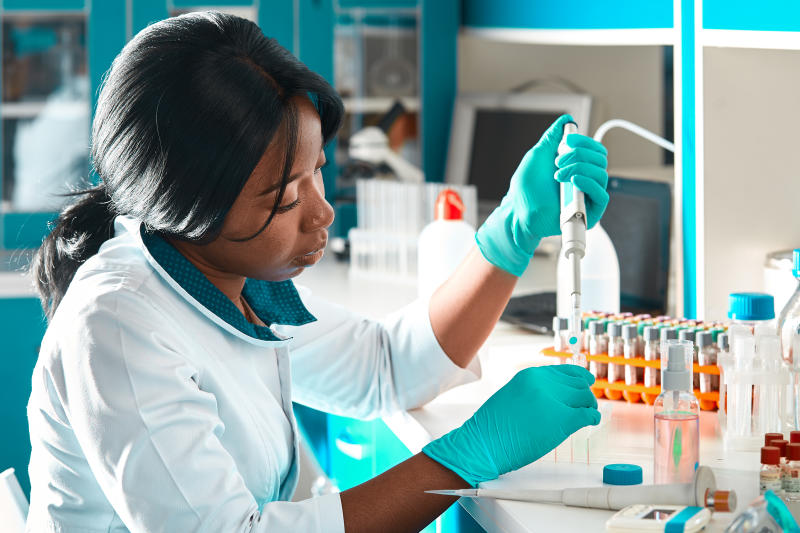×
The Standard e-Paper
Home To Bold Columnists

Kenya is well known for its natural beauty, long distance running, the cradle of mankind and some paradox - it is one of the few countries where rain forests and deserts coexist.
It is a country where sports unite us, where we study about early man when we know so little about modern man. We do not know why crime of passion is so common today, but we can explain how and what Zinjanthropus ate.